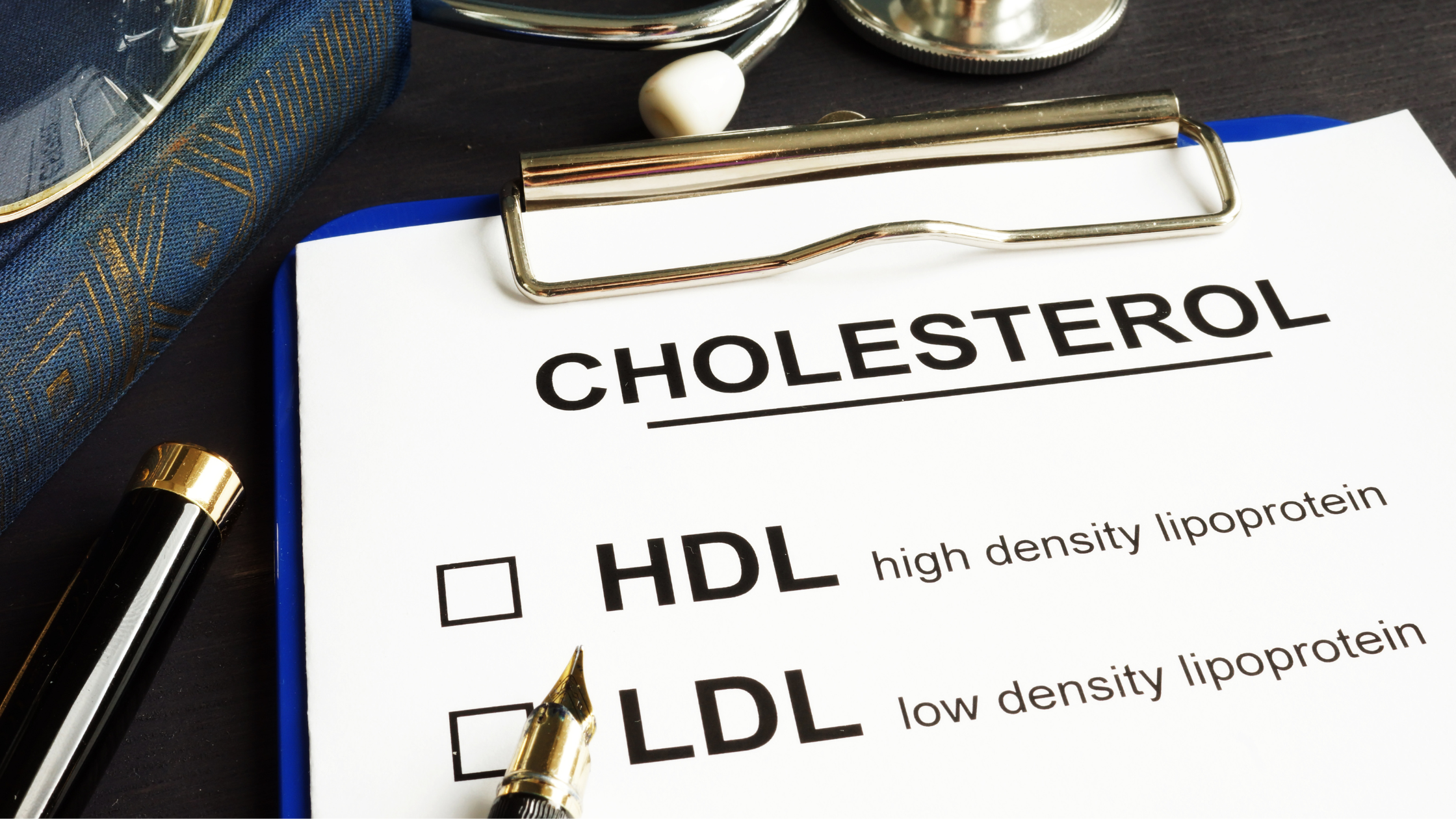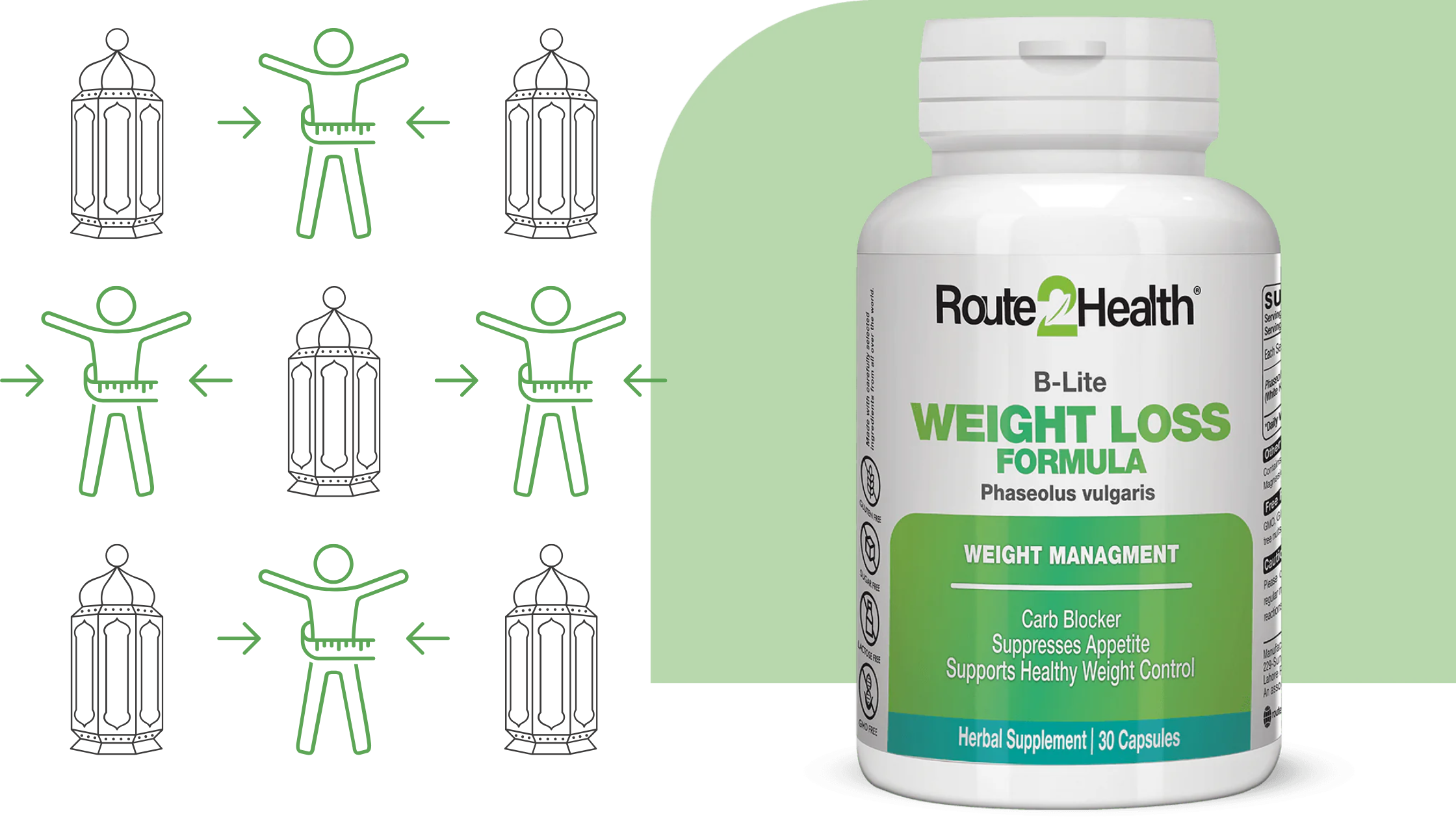
7 Effective Ways to Manage Your Cholesterol This Ramadan
Ramadan is a sacred month of fasting, prayer, and reflection, but it is also a time when dietary habits change significantly. Many people indulge in deep-fried foods such as samosas, pakoras, and jalebis, along with rich, sugary drinks at Iftar and Suhoor. While these foods provide an instant energy boost after fasting, they can also contribute to high cholesterol levels, increasing the risk of heart disease and other health issues.
Why Is Maintaining Healthy Cholesterol Important?
Cholesterol is a waxy substance found in your blood, essential for building cells and producing hormones. However, too much cholesterol—particularly low-density lipoprotein (LDL) or "bad" cholesterol—can lead to plaque buildup in your arteries, increasing the risk of cardiovascular diseases. According to the British Heart Foundation, high cholesterol is a major contributor to heart disease, which remains one of the leading causes of death in the UK.
During Ramadan, the combination of fried foods, sugary desserts, and large portion sizes can exacerbate cholesterol levels. This makes it even more important to adopt healthier eating habits and lifestyle changes to keep your cholesterol in check.
This Ramadan, making mindful dietary choices and lifestyle adjustments can help you manage cholesterol effectively while maintaining your energy levels and health.
What Causes High Cholesterol?
High cholesterol is primarily caused by unhealthy lifestyle choices and genetic factors. The key contributors include:
- Unhealthy Diet: Consuming excessive saturated fats found in red meat, full-fat dairy, and fried foods can raise LDL cholesterol.
- Lack of Physical Activity: A sedentary lifestyle can lead to weight gain and decreased levels of high-density lipoprotein (HDL), the "good" cholesterol.
- Obesity: Being overweight increases the likelihood of high cholesterol due to excessive body fat.
- Smoking: Tobacco damages blood vessels and lowers HDL cholesterol.
- Genetics: Familial hypercholesterolemia is an inherited condition that results in high cholesterol levels.
7 Effective Ways to Manage Cholesterol This Ramadan
1. Choose Healthy Fats
Fried foods like samosas, pakoras, and spring rolls are Ramadan staples, but they are often high in unhealthy fats. Instead of deep-frying, opt for baking, grilling, steaming, or air-frying. These methods significantly reduce the amount of oil used, lowering your intake of saturated and trans fats.
Replacing unhealthy fats with healthier alternatives can significantly lower cholesterol levels. Avoid fried foods and opt for healthier fats found in olive oil, nuts, and avocados. Research suggests that monounsaturated fats can reduce LDL cholesterol and maintain HDL cholesterol.

2. Increase Fibre Intake
Fibre, particularly soluble fibre, helps reduce cholesterol absorption in the bloodstream. Soluble fibre found in oats, legumes, fruits, and vegetables helps lower LDL cholesterol by preventing its absorption in the bloodstream. Studies by the National Lipid Association indicate that consuming 5-10 grams of soluble fibre daily can reduce LDL cholesterol by up to 10%.
During Ramadan, start your iftar with a bowl of oatmeal or a lentil soup to kickstart your fibre intake.
3. Stay Hydrated and Avoid Sugary Drinks
Dehydration can thicken the blood, making it harder for the heart to pump and increasing the risk of cholesterol-related complications. During Ramadan, aim to drink plenty of water between Iftar and Suhoor.
Keep in mind that many traditional Ramadan drinks contain high amounts of sugar, contributing to weight gain and increased cholesterol levels. Opt for water, herbal teas, or unsweetened beverages to stay hydrated without adding unnecessary calories.

4. Engage in Moderate Exercise
Even during Ramadan, staying active is crucial for cholesterol management. Light exercises such as walking after Iftar or stretching before Suhoor can help maintain cardiovascular health. According to the American College of Sports Medicine, 150 minutes of moderate-intensity exercise per week can increase HDL cholesterol and lower LDL cholesterol.
5. Consume Omega-3 Rich Foods
Omega-3 fatty acids, found in fatty fish like salmon, mackerel, and sardines, can help lower triglycerides and improve heart health. If you’re not a fan of fish, consider plant-based sources like flaxseeds, chia seeds, and walnuts.
The American Heart Association recommends eating at least two servings of fatty fish per week to support cardiovascular health.

6. Limit Sugary and Processed Foods
Ramadan desserts like baklava, kunafa, and gulab jamun are delicious but often high in sugar and unhealthy fats. Excessive sugar intake can lower HDL cholesterol and increase triglycerides, a type of fat in the blood linked to heart disease.
Research shows that individuals who consumed 17–21% of their calories from added sugar had a 38% higher risk of dying from cardiovascular disease. Opt for healthier dessert alternatives like fresh fruit or yoghurt with honey.
7. Take a CoQ10 Supplement
Coenzyme Q10 (CoQ10) is a powerful antioxidant that plays a vital role in heart health and cholesterol management. Studies show that CoQ10 supplementation can reduce LDL cholesterol and oxidative stress while improving energy production in cells.
Route2Health offers a high-quality CoQ10 supplement to support your heart health this Ramadan. Ensure you maintain balanced cholesterol levels by incorporating this supplement into your daily routine.
Conclusion
Ramadan is a time for spiritual and physical rejuvenation. However, dietary choices can significantly impact cholesterol levels, increasing the risk of heart disease. By making mindful food choices, staying active, and incorporating a CoQ10 by Route2Health, you can effectively manage your cholesterol and maintainyour overall health during Ramadan. Take charge of your well-being this Ramadan and ensure a healthier future.
FAQs
1. Can fasting during Ramadan affect cholesterol levels?
Yes, fasting can initially improve cholesterol levels by promoting fat burning. However, overeating unhealthy foods during Iftar and Suhoor can negate these benefits.
2. Which foods help lower cholesterol naturally?
Foods rich in soluble fibre (oats, legumes), healthy fats (olive oil, nuts), and omega-3 fatty acids (fish, flaxseeds) help lower cholesterol naturally.
3. How does CoQ10 help with cholesterol?
CoQ10 supports heart health by reducing LDL cholesterol and increasing HDL cholesterol, as shown in several studies.
4. Why does cholesterol increase during Ramadan?
Cholesterol can increase due to the consumption of deep-fried foods, sugary drinks, and high-calorie meals during iftar and suhoor.
5. Is it safe to take a CoQ10 supplement during Ramadan?
Yes, CoQ10 supplements can be safely taken with suhoor or iftar to support heart health and cholesterol management.























































